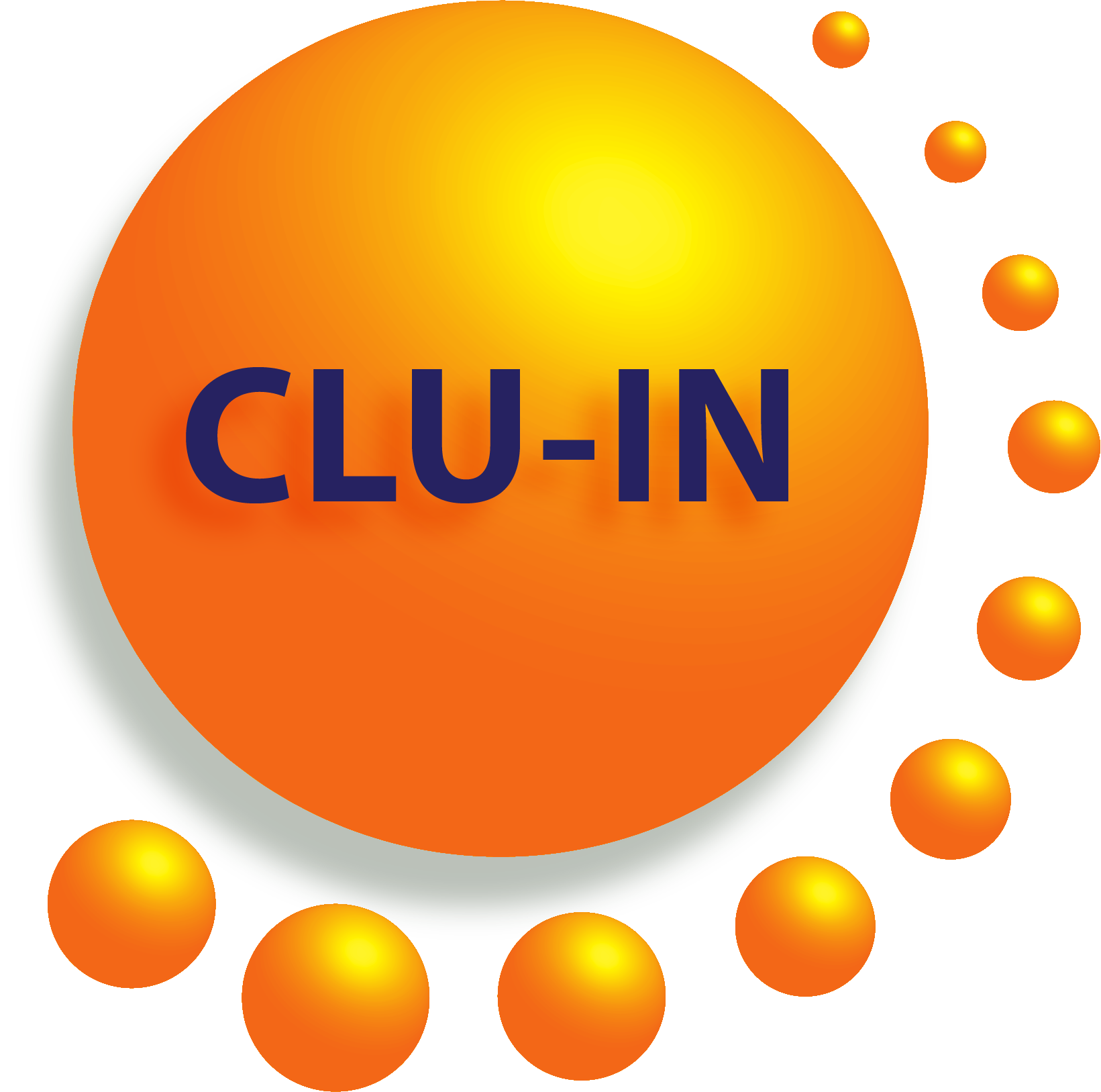Environmental Data Management (EDM): Best Practices for Achieving and Maintaining Quality within Environmental Data Management Training
Sponsored by: Interstate Technology and Regulatory Council
The ITRC Environmental Data Management Best Practices Team (EDMBP Team) prepared a series of guidance documents and case studies on best practices for all phases of EDM to address the need for guidance on managing large stores of environmental data. Environmental data management (EDM) is a broad field that encompasses all aspects of environmental research and regulation, from habitat studies and wildlife management plans to health advisories and remediation of hazardous waste sites.
The EDMBP Team developed three Roundtable training sessions to support the Guidance Document and case studies. You are welcome to register for any of the three, but they do not build upon each other.
- Data Management: Real Life Application of Data Management Planning and Field Data Collection Best Practices
- Data Exchange: Best Practices for Exchanging Environmental Data
- Data Quality: Best Practices for Achieving and Maintaining Quality within Environmental Data Management
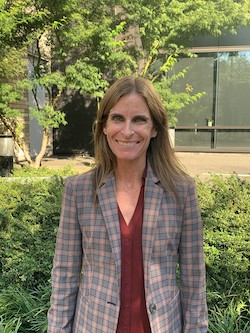 Jennifer Arthur, City of Seattle (jennifer.arthur@seattle.gov)
Jennifer Arthur, City of Seattle (jennifer.arthur@seattle.gov)
Jennifer Arthur is a Science Information Specialist with the City of Seattle, Seattle Public Utilities (SPU) Urban Watersheds Environmental Monitoring group. She has over fifteen years' professional experience in the environmental field providing chemistry data quality assurance support across the project and data lifecycles of environmental investigations. At SPU, she is the System Custodian for the SPU Drainage and Wastewater Line of Business environmental data management system and author of the system's environmental data management plan. She leads SPU's Environmental Data Quality System (EDQS) program, working with study teams for regulatory compliance and best management practices effectiveness monitoring projects to generate data quality objectives (DQOs) and planning documents to support the collection of long-term data as an asset. Additionally, she provides analytical chemistry and data validation expertise. Outside of SPU, she has actively contributed to the Interstate Technology and Regulatory Council (ITRC) Environmental Data Management (EDM) Best Practices Data Quality subgroup.
Prior to SPU, Jennifer completed a Ph.D. in Analytical and Environmental Chemistry for which she performed laboratory, field, and modeling studies investigating the transport and fate of metals in acid mine drainage systems and developed a database for metals sorption on natural mineral surfaces. She has worked as an environmental consultant providing chemistry and data quality support for brownfields, Superfund, and litigation projects; taught chemistry, environmental science, and physics at the college level; and worked as an analyst at environmental laboratories.
 Meghan Eschbaugh, Environmental Resources Management, Inc. (meghan.eschbaugh@erm.com)
Meghan Eschbaugh, Environmental Resources Management, Inc. (meghan.eschbaugh@erm.com)
Meghan is a principal consultant with Environmental Resources Management. Meghan draws on 15 years' experience working with clients on environmental site assessments, as well as complex site investigations, remediation and risk assessment projects through a variety of government agencies. She provides training and support of ERM and client project teams globally on the implementation and utilization of environmental data management systems. She specializes in the design and implementation of custom project specific and globally standardized digital field data collection forms. Meghan has a B.S. In Environmental Engineering from Michigan Technological University.
 Cheryl Hennessy, Stantec (cheryl.hennessy@stantec.com)
Cheryl Hennessy, Stantec (cheryl.hennessy@stantec.com)
Cheryl is a Senior Project Scientist/Quality Assurance Manager at Stantec in Chicago, Illinois, and has been providing strategic support to projects and programs throughout the US for the past 24 years. In this role, she routinely determines procedural gaps and provides solutions to improved efficiencies throughout the project lifecycle as well as in support of business needs and efficiencies at the organizational level. She has developed and implemented data and quality management programs, key planning documents, and large-scale analytical programs. She has provided Quality Management System training, data quality objective development, QAPP development and training, and guidance on regulatory, compliance, and analytical topics. As a subject matter expert, Cheryl routinely provides expertise to data validation and data usability assessments and evaluations, assists a variety of Federal and State programs, and holds management and advisory roles to a number of grant funded programs across the country. She additionally provides her support to decision support matrix and criteria development, key stakeholder engagement, and management of outreach activities. In additional to her industry experience, Cheryl is a wife and Mom to two amazing girls and holds a Master of Business Administration (MBA) from Keller Graduate school.
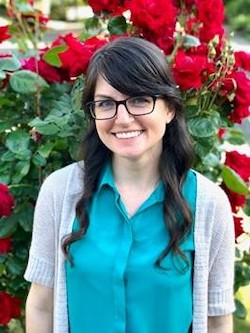 Shauna McKellar, Environmental Resources Management, Inc. (shauna.mckellar@erm.com)
Shauna McKellar, Environmental Resources Management, Inc. (shauna.mckellar@erm.com)
Shauna McKellar is a data manager and data quality specialist for ERM, based in Portland Oregon. Shauna has over 15 years of experience in the environmental data and consulting industry. Shauna specializes in environmental chemistry data quality validation, specifically in the use of automated data review tools, and has presented on a variety of validation topics at a number of professional group meetings and conferences and has been an active member of the ITRC EDM Best Practices team. Shauna has experience reviewing and managing environmental data for all branches of the Department of Defense (DoD), multiple states, EPA Superfund, and large private industry clients.
 Dreas Nielsen, Integral Consulting, Inc. (dnielsen@integral-corp.com)
Dreas Nielsen, Integral Consulting, Inc. (dnielsen@integral-corp.com)
Dreas Nielsen is a senior science advisor at Integral Consulting Inc. in Seattle, WA. He specializes in quantitative analysis of environmental data, and throughout his 40-year professional career has developed specialized databases, software, standards, and procedures to support these analyses by establishing and maintaining the highest practicable level of data quality. He has performed and managed the collection and analysis of biological, physical, chemical, and geographic data from sites throughout the United States. He has developed operational practices for the acquisition, cleaning, standardization, and integration of data from both historical studies and present-day investigations. This includes the management of data transfers between public agencies, analytical laboratories, and other private environmental practitioners.
Moderator:
ITRC Training Program (itrc@itrcweb.org)
Webinar Slides and References:
Additional Resources:
Thank you for participating in our webinar. We would like to receive any feedback you might have that would make this service more valuable.
Help & FAQs
- Frequently Asked Questions
- Content Questions?
Call ITRC Training Program at 202-266-4932 or itrc@itrcweb.org - Technical Problems?
Leave us a comment - Cancel Your Registration
- My Participation Records
- CEU Credits and PDHs
Zoom Resources
Before Webinar Day
This seminar will be delivered through Zoom. Participants are encouraged to update to the latest version of the Zoom application for the best experience.
If you are unable to install the Zoom application, most functions will be available if you join just using a modern web browser such as Chrome, Edge or Firefox. We strongly encourage you to run the Zoom Meeting Test prior to attending this webinar. Technical support on the day of the webinar will be very limited and subject to significant delays.
Backup Conference Call
If you cannot participate using online audio, you may join the optional call in line. After checking in for the live event using the instructions listed below, you will see several options to participate. Please click the links in option 4 to follow along by phone and obtain the call in number. If you cannot access the phone number, you may request the call in line from the event moderator in the Q&A or send an email to Jean Balent at balent.jean@epa.gov
Click on "Join Webinar" at the top of this screen, enter your exact first and last name as you registered and enter the number of people attending at your location (including yourself). You should then be taken to the Zoom meeting room. Join with Zoom Application: For those joining with the Zoom application, you may be prompted to sign with a zoom account or join as a guest without signing in.
If joining as a guest, you will be prompted to enter your name and email address. Remember your name, image, video or voice may be visible to others in the live event. When done, click "Join" When it is time for the live event to start, the meeting host will admit you to the live Zoom meeting. Join via web browser (without the Zoom Application): For those joining with a web browser, you may close any pop ups prompting you to download the Zoom app. The next window will allow you to enter your name (first name and last name) and check the box that you are not a robot. Click the blue join button. You may also be asked to provide your email address before joining the room. Remember your name, image, video or voice may be visible to others in the live event. When done, click "Join" When it is time for the live event to start, the meeting host will admit you to the live Zoom meeting. You may need to periodically refresh the browser window to confirm if the host has admitted you. The presenters will control what slide you are viewing. You may submit questions online for the instructors to answer during the webinar by typing in the "Q&A" area. It is not necessary to wait until the question and answer periods to submit questions. At the end of the webinar you will be guided to our feedback form and links to additional resources, including the complete presentation. These links will remain active after the webinar. Provided for your convenience. Importing or accepting the invitation within this iCalendar file is not required, and declining the invitation does not cancel your registration. For additional information on iCalendar, please see our
iCalendar Help It is EPA's policy to make reasonable accommodation to persons with disabilities wishing to participate in the agency's programs and activities, pursuant to the Rehabilitation Act of 1973, 29 U.S.C. 791. Any request for accommodation should be made to at or , preferably one week or more in advance of the seminar, so that EPA will have sufficient time to process the request. EPA would welcome specific recommendations from requestors specifying the nature or type of accommodation needed. EPA welcomes specific recommendations from requestors specifying the nature or type of accommodation needed. Please note that CLU-IN provides both alternate phone call-in options and closed captioning for all webinars, and requests for these specific accommodations are not necessary.
Webinar Day, Checking In
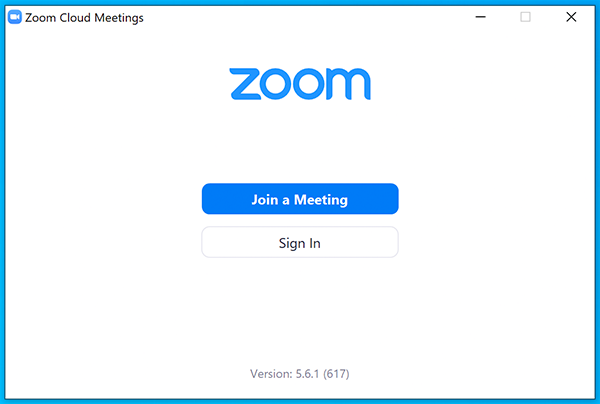
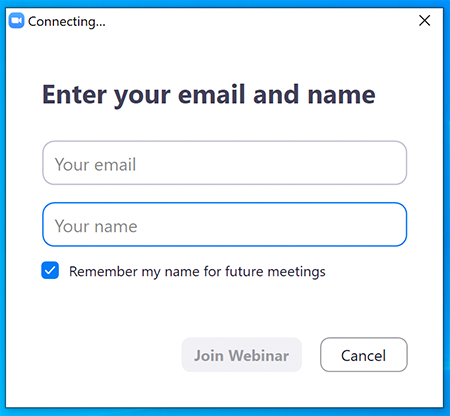
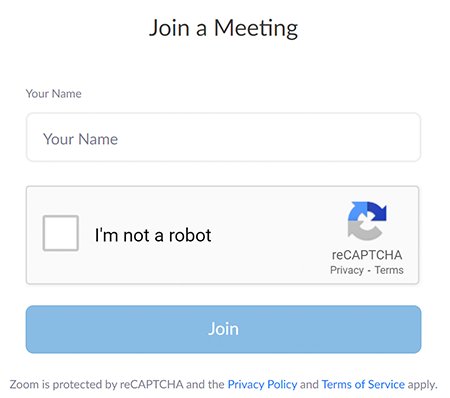
Moving Through Slides
Feedback & Links to Additional Resources
iCalendar File
Rehabilitation Act Notice for Reasonable Accommodation
Rehabilitation Act Notice for Reasonable Accommodation
It is EPA's policy to make reasonable accommodation to persons with disabilities wishing to participate in the agency's programs and activities, pursuant to the Rehabilitation Act of 1973, 29 U.S.C. 791. Any request for accommodation should be made to at or , preferably one week or more in advance of the webinar, so that EPA will have sufficient time to process the request. EPA would welcome specific recommendations from requestors specifying the nature or type of accommodation needed. EPA welcomes specific recommendations from requestors specifying the nature or type of accommodation needed. Please note that CLU-IN provides both alternate phone call-in options and closed captioning for all webinars, and requests for these specific accommodations are not necessary.
Webinar Recording
By participating in this CLU-IN webinar, you automatically agree to authorize recording of audio and visual content presented during this live event and consent to subsequent use of this recording in the public domain by the U.S. Environmental Protection Agency. This recording may include questions, comments and poll responses provided by you during the live event in addition to your name, voice, image or likeness. This recording will be made available after the conclusion of the live event as part of the CLU-IN webinar archives, and will remain available indefinitely. If you do not wish to consent to the recording, please do not join the live event, and contact Jean Balent at 202-566-0832 or balent.jean@epa.gov to discuss your concerns.
Content Disclaimer
This webinar is intended solely to provide information to the public. The views and opinions expressed as part of this webinar do not necessarily state or reflect those of the U.S. Environmental Protection Agency. It is not intended, nor can it be relied upon, to create any rights enforceable by any party in litigation with the United States, or to endorse the use of products or services provided by specific vendors. With respect to this webinar, neither the United States Government nor any of their employees, makes any warranty, express or implied, including the warranties of merchantability and fitness for a particular purpose, or assumes any legal liability or responsibility for the accuracy, completeness, or usefulness of any information, apparatus, product, or process disclosed, or represents that its use would not infringe privately owned rights.

